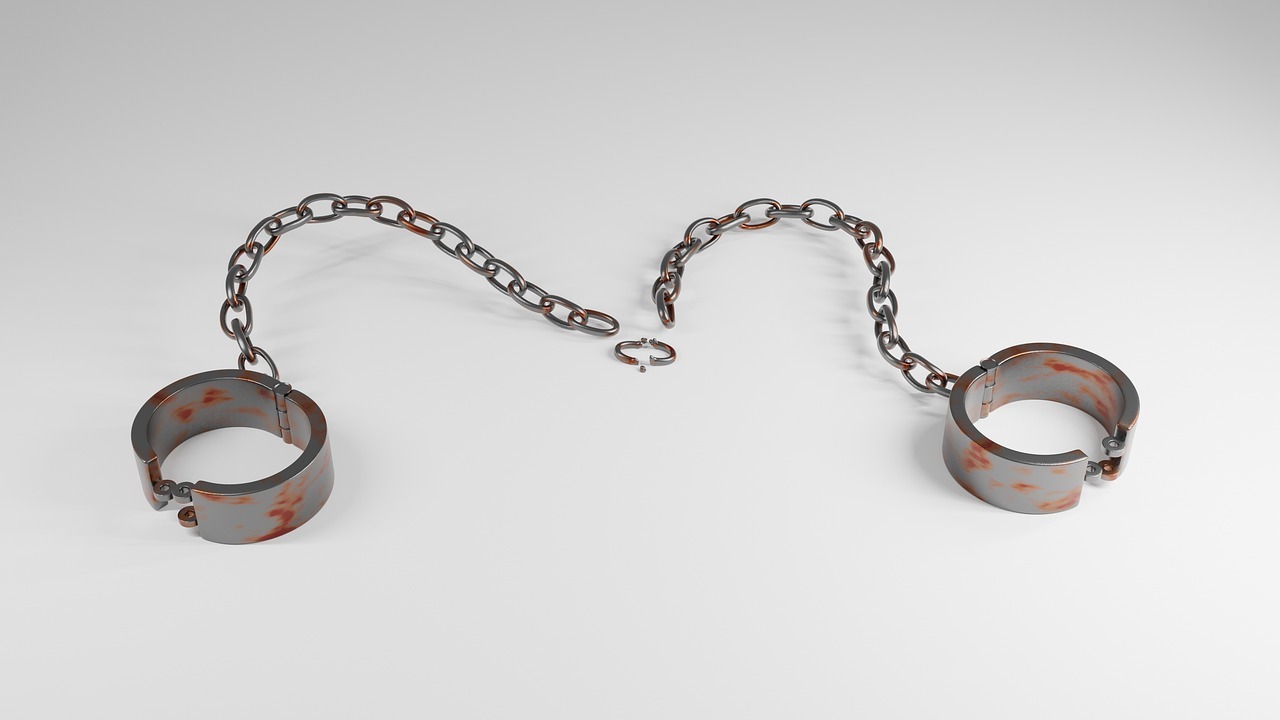
Today is Juneteenth, the commemoration of the final end of slavery in America. It was on June 19, 1865, that enslaved people in Texas finally learned that the Civil War had ended in the Confederacy’s defeat and that they were therefore free. Slavery would not be legally abolished until the ratification of the Thirteenth Amendment in December 1865, but the end of the War was the de facto end of the “peculiar institution.”
Actually, the Emancipation Proclamation had ended slavery when it took effect on January 1, 1863, but more than two years of war would be necessary to make that proclamation anything more than words on paper. And even after Juneteenth many former masters in Texas and elsewhere were reluctant to let go of the free labor they had become used to. In one documented case a slave owner defied the law for six more years. Former slave Katie Darling said of her mistress, She “whip me after the war jist like she did ‘fore” (Gates 2013).
So it’s hard to say exactly when slavery finally ended in earnest, but Juneteenth has become the go-to date for that celebration. Here is the way Major General Gordon Granger, commander of the Department of Texas, announced the news in General Order Number 3 in Galveston on June 19, 1865:
The people of Texas are informed that, in accordance with a proclamation from the Executive of the United States, all slaves are free. This involves an absolute equality of personal rights and rights of property between former masters and slaves, and the connection heretofore existing between them becomes that between employer and hired labor. The freedmen are advised to remain quietly at their present homes and work for wages. They are informed that they will not be allowed to collect at military posts and that they will not be supported in idleness either there or elsewhere (Gates 2013).
Kind of a Pollyanna notion, if you ask me, this idea that suddenly the relationship between the former enslavers and the formerly enslaved would involve “an absolute equality of personal rights and rights of property.” It’s been 160 years, after all, and we haven’t achieved that beautiful state of affairs yet. But that was and is the aspiration. Maybe someday we will get there.
The writer didn’t have Juneteenth in mind when composing Psalm 9, of course, but her poem expresses sentiments that are truly in line with the spirit of the holiday:
The Lord is a stronghold for the oppressed, a stronghold in times of trouble. And those who know your name put their trust in you, for you, O Lord, have not forsaken those who seek you (vv. 9–10).
[God] does not forget the cry of the afflicted (v. 12).
Be gracious to me, O Lord. See what I suffer from those who hate me; you are the one who lifts me up from the gates of death (v. 13).
For the needy shall not always be forgotten, nor the hope of the poor perish forever (v. 18).
When all is said and done, it is God who truly liberates us. All liberative proclamations, executive orders, and constitutional amendments are only responses to the decisive initiative God has already taken on our behalf. We are free because God has set us free. God has not forgotten us. God is never deaf to our cries of anguish. Those who put their trust in God know that the Divine is a stronghold in times of trouble.
Juneteenth is of course primarily a celebration for the descendants of slaves, but it holds deep spiritual resonance for all of us. After all, aren’t we like those enslaved people in Texas who had been freed and yet found themselves still in bondage? How many people in our world today need to hear the life-changing good news that they no longer have to be chained to their past mistakes or misfortunes or suffering? We have the privilege and responsibility to declare this good news to those still languishing in slavery: you are free! Liberated by the God who never forgets the cry of the afflicted. Juneteenth is for you. It’s for me. Juneteenth is for everybody! Praise be to God!
_________________________
Gates, Henry Louis Jr. 2013. “What Is Juneteenth?” The African Americans: Many Rivers to Cross. PBS.org. Online. https://www.pbs.org/wnet/african-americans-many-rivers-to-cross/history/what-is-juneteenth

